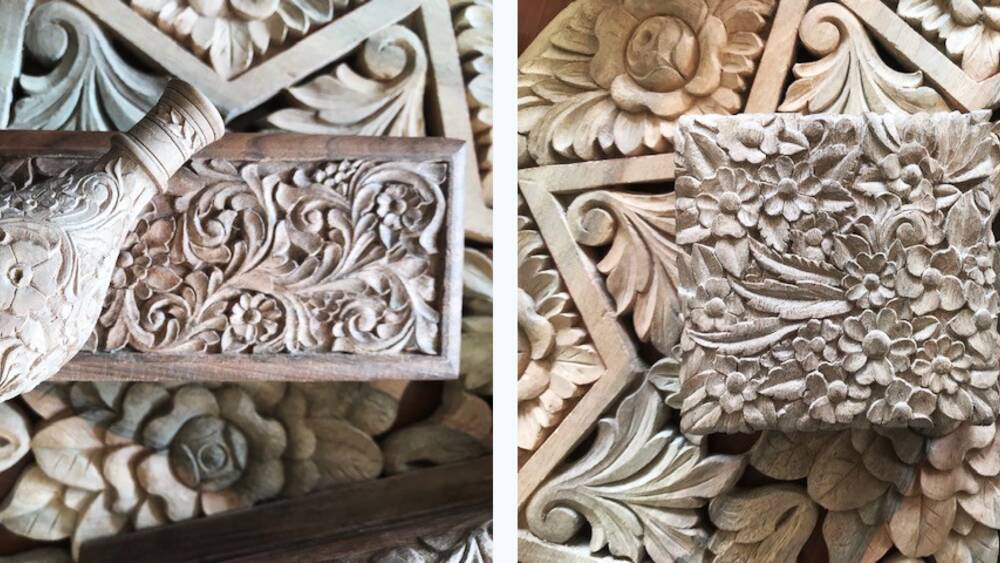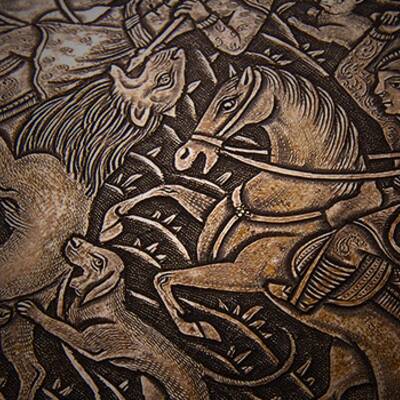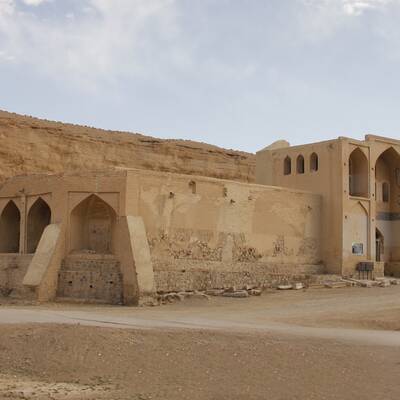
Abadeh Wood Carving (the Monabba Capital of the World)
Abadeh is one of the cities of Fars province which had always been reputed for its skillful and experienced wood carvers and wood carving masterpieces. It was on July, 2018, when the World Craft Council visited wood carving studios in the city and the city was introduced and registered as the capital of the world in the art-craft. Travelers who had visited the place in the past mentioned, in their itineraries, to wood carving craft in the city; some consider the history of the art in Abadeh to back to over 700 years ago. One of the most delicate and famous products of Abadeh has been, since the past, their wooden spoons used for Sharbat drinking, so that most of the wooden art collectors included one of them in their collections. Wood carving is totally carried out in two styles: traditional and Farangi (Western), traditional one is dominant in the city of Abadeh. In the traditional method, the pattern and shapes are cut into wood in a very subtle way using some carving V-Tool (Moqar) which are produced of tempered steel in desired sizes, by the people of the region. The traditional caving patterns include mostly floral motives rooted in the name of Monabbat with the meaning of flower and plant. Monabbat (wood carving) in Abadeh is intertwined with the life because the art-craft has been passed down from elders to the youngers throughout the history. However, in the present, women are more active in the art in Abadeh and more than 150 wood carving studios and 5000 artists, men and women, are occupied with creating wooden items in the city. Among the most famous wood carving masters in the city, we can mention to the late Ahmad Imami. In 1932 when the school of Handicrafts School (Sanaye-e Qadimeh) was established by the order of Reza Shah with intent to centralize the national arts, he invited Ahmad Imami to run wood carving studio there and teach the students. The late Imami came to Tehran accompanied by his son and the wood carving studio was initiated by him. After his death, his son, Ali, was assigned in 1940 as the manager of the studio. The studio is still working under his supervision.



